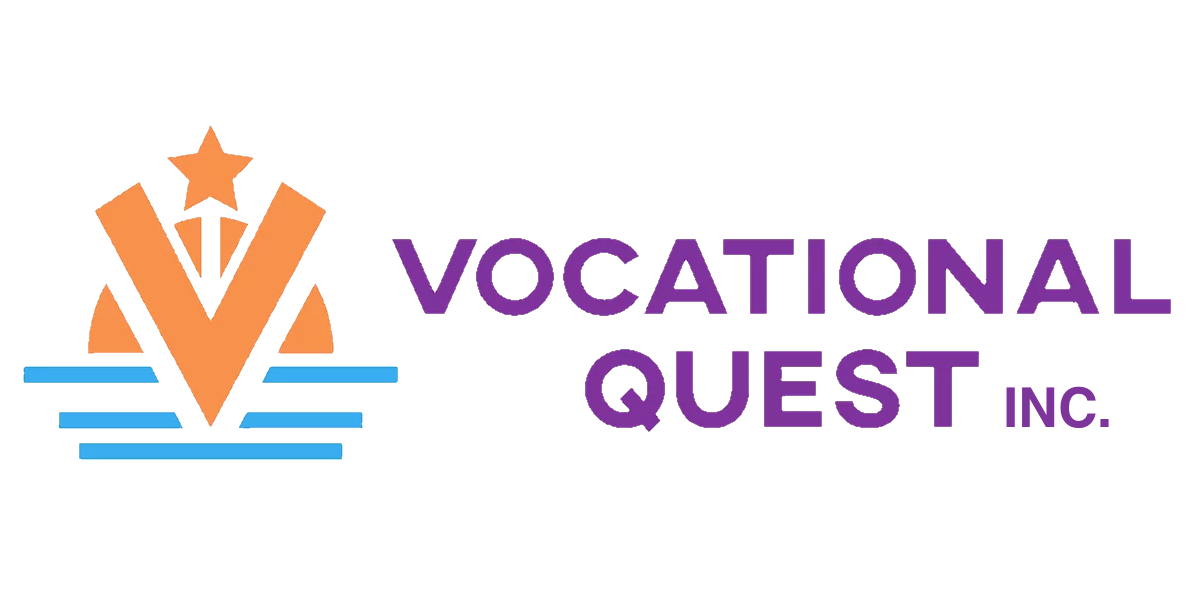Why am I writing this? I don’t know. I can give reasons, but I can’t be sure they are accurate. Such ignorance is okay, or at least it should be. The temptation is always to explain, but that often does nothing useful. In fact, it can just get in the way of actual understanding. Let me explain…
Rationalization is one of our strongest habits.
A child throws a plate at his brother, and his mother demands “Why would you do that!?” He says, “I don’t know,” which is true, but not acceptable. He may not understand, but he learns quickly to explain himself. By adulthood, it is rare for any of us to say “I don’t know” when asked about our behaviour. There is a problem with that, though. How can we ever learn the true causes if we already accept our explanations?
Accepting Our Ignorance
A better way to approach these issues is to get in the habit of saying “I don’t know.” You can follow it with “Maybe it’s because of…” and let the explanations spill out, but don’t be too quick to accept any of them. Understand that it isn’t always necessary to explain.
Self-explanation can be the death of self-understanding. Learn to accept your ignorance, and to keep observing yourself. Just say, “I don’t know.”

